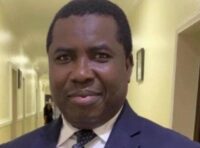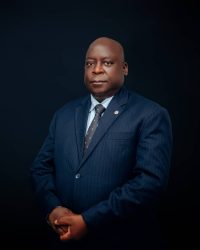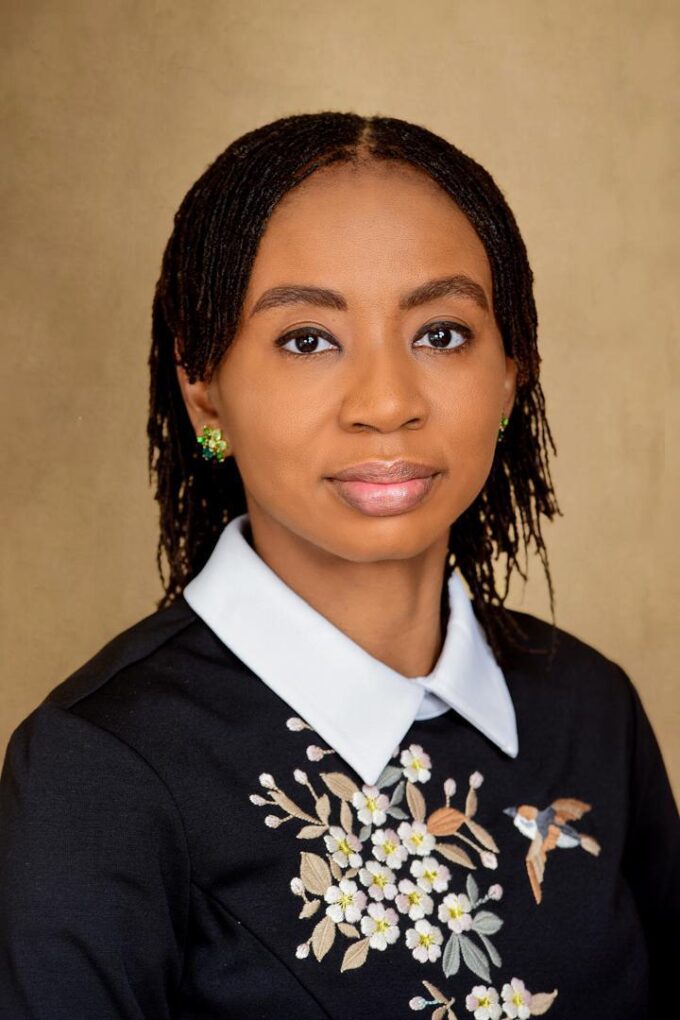The National Pension Commission, (PenCom), has highlighted some of the key benefits of investing pension funds in alternative assets.
The Director General, Omolola Oloworaran, disclosed this today at a two- day sensitization workshop organised by the commission in partnership with FSDA-Africa, on ‘Investment In Alterative Assets For Chairpersons Of Board Investment Strategy And Risk Management Committees Of Pension Fund Administrators(PFAs) in Lagos.
According to her the “alternative assets provide a complimentary pillar to core investment strategies of pension funds offers. Investments in infrastructure and private equity, in particular, help align pension fund portfolio with their investment horizon, provide opportunities for diversification of pension assets and enhance risk adjusted returns.”
Explaining why the industry needs to diversify, she said “global financial landscape is becoming more complex, with growing exposure to market volatility, geopolitical uncertainties, and evolving asset classes. In this context, it is no longer sufficient to rely on traditional investment approaches. Your committees must deepen oversight of risk management frameworks, ensure scenario analyses are robust, and advocate for portfolio diversification into permissible but less correlated asset classes such as infrastructure, private equity, and sustainable investments within the confines of regulation.
She noted that “the misperception of safety with liquidity has limited the ability of PFAs to optimally deploy pension funds under their management. Consequently, the Nigerian pension funds are yet to fully optimized investment potentials, despite the favourable long-term demography of members.
She noted that “Over 80% of pension fund assets are invested in fixed income securities with Federal Government Securities accounting for 62% of total pension assets valued at N24.11 trillion as of 30 May 2025; the allocationto alternatives assets (private equity and infrastructure funds) was onlyabout 3%.
“ While traditional asset classes such as bonds and public equities have served their purpose, the current economic landscape characterised byvolatility, rising inflation and declining purchasing power of RSA Contributors, requires dynamic and resilient investment strategies. These strategies must optimally balance risks, return and long-term sustainability, while delivering a discount rate that addresses pension inadequacy.”
Christopher Bajowa, President, Pension Fund Operators Association of Nigeria (PenOp, in his remarks noted that the alternative assets once considered peripheral, are rapidly becoming mainstream across the globe and for good reason.
He noted that it offers higher return potential, risk diversification, and the opportunity to channel capital into sectors that directly impact on the economy and the society we live in.
“As an industry, we are eager to explore these opportunities. But we are also mindful of the need to approach them carefully guided by strong governance, sound risk management, and in close alignment with our regulatory partners.
“We are committed to working hand-in-hand with PenCom, market operators, and other stakeholders to gradually and sustainably increase our allocation to alternative investments while remaining faithful to our core fiduciary mandate: protecting contributors and retirees.
He applauded the industry performance over the years, adding that it has significantly grown in size and in credibility.
“We have demonstrated that pension assets in Nigeria can be managed professionally, transparently, and responsibly.
“We have shown that retirees can be paid promptly, that pension funds can be grown prudently, and that technology can be deployed to enhance efficiency and customer service. These achievements are commendable, and we should be proud of how far we have come.
“However, we recognize that there is still more to do. As fiduciaries, we have a dual responsibility not only to safeguard and grow pension assets, but also to contribute meaningfully to the economic development of our country. We cannot afford to be passive investors in the face of Nigeria’s infrastructure and development needs.”
In his remarks, Jonny Baxter, British Deputy High Commissioner, Lagos,said around the world, countries are rethinking how growth in developing countries is being financed.
The focus according to him is increasingly shifting to smarter mobilisation of long-term private capital.
He said “with over N22 trillion in assets under management, Nigeria’s
pension industry is a major source of long-term capital. It’s a remarkable success story, especially for a system that began formal pensions reform not too long ago. But today, much of this capital
remains in traditional instruments, presenting a clear opportunity to broaden portfolios and tap into sectors which drive Nigeria’s growth
For Pension Fund Administrators, he said is about building portfolios that are resilient, forward-looking and well positioned to capture Nigeria’s
growth opportunities. “This is about enhancing portfolio performance, protecting real returns and aligning fiduciary duty with national transformation.
”Now is a good moment for you all to engage with these opportunities and play an active role in shaping what comes next.”











